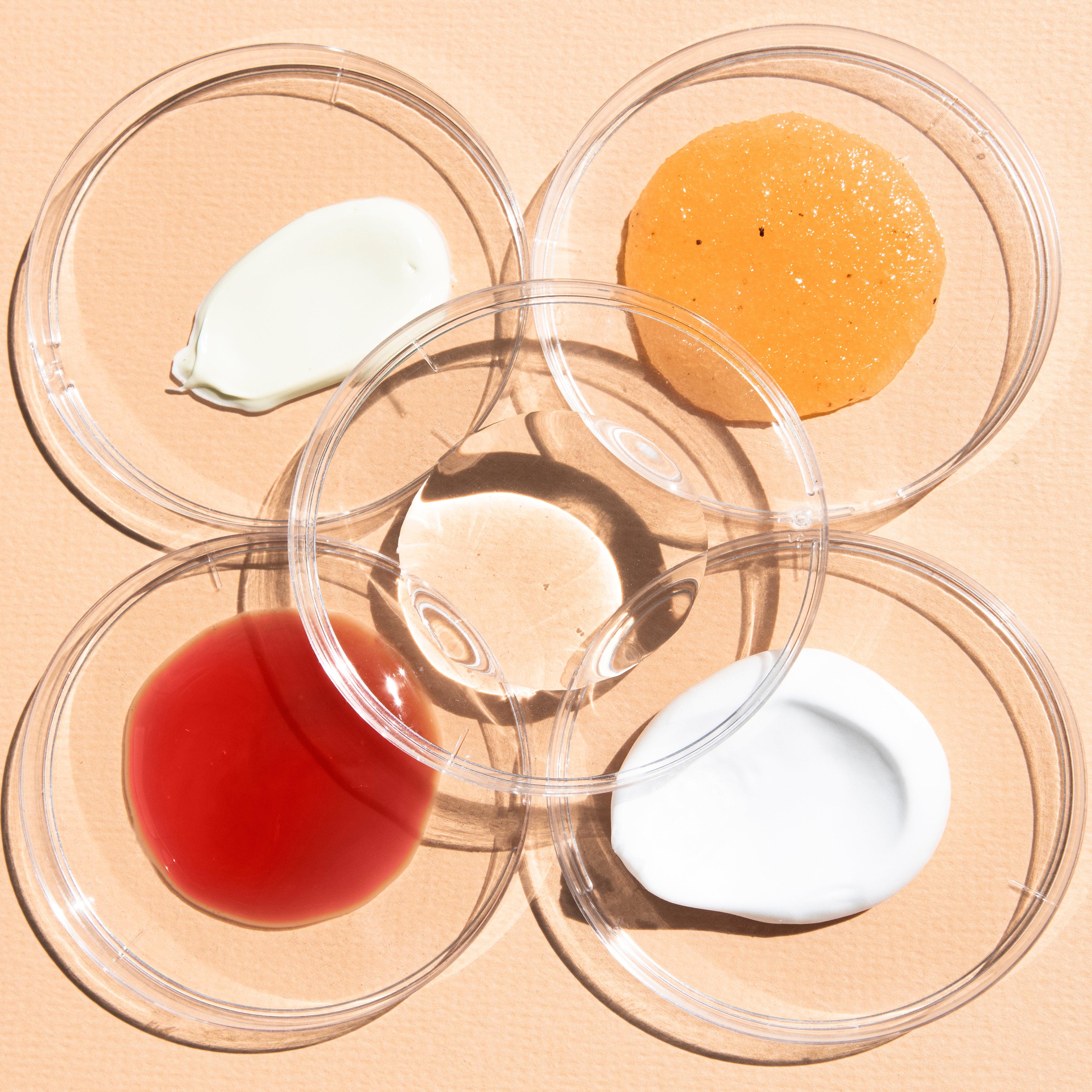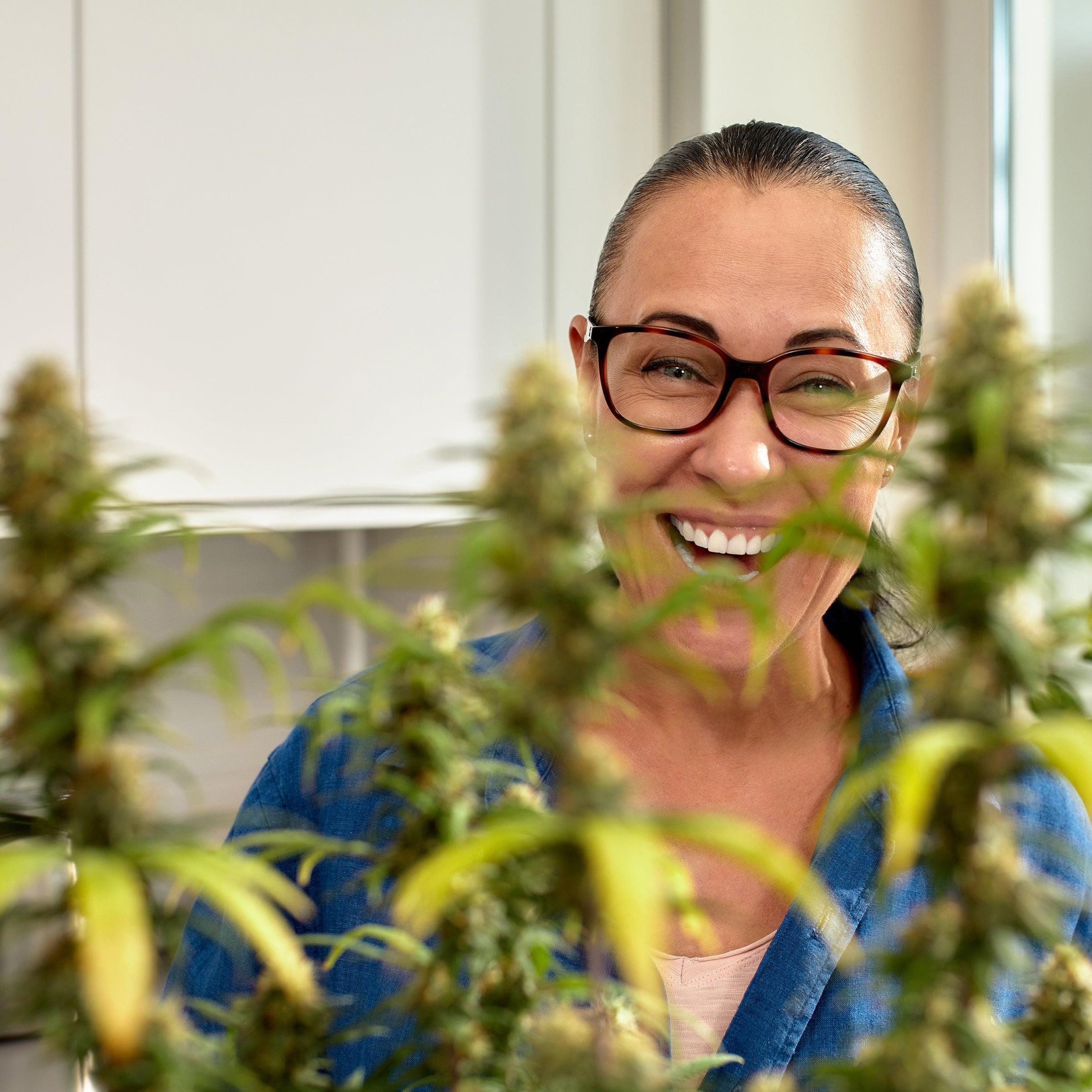What is Probiotic Skincare?

An article on Probiotic Skincare
Probiotic skincare has gained significant attention in the skincare industry in recent years. Many brands and products promise benefits ranging from improved skin health to relief from skin issues such as acne and eczema. But what exactly does probiotic skincare entail, and how can it affect the skin's microbiome?
Probiotic skincare is based on the use of live microorganisms, or their derivatives, to promote a healthy skin flora. Just like the gut microbiome, the skin microbiome consists of trillions of bacteria, fungi, and other microbes living on the surface of the skin.
These microbes play a crucial role in protecting the skin from pathogens (harmful bacteria, viruses, fungi, etc.), regulating inflammation, and maintaining a healthy barrier function. When the balance of the skin microbiome is disrupted, it can lead to skin problems such as acne, eczema, rosacea, and excessive dryness or oiliness.
Probiotic skincare is built on the idea that by introducing beneficial bacteria or supporting the existing ones, one can restore balance to the skin's microbiome and thereby improve skin health. Products may contain live probiotics, prebiotics (nutrients that promote the growth of good microbes), or postbiotics (substances produced by probiotics that have health-promoting effects).
The theory behind probiotic skincare is promising. Studies have shown that certain strains of probiotic bacteria can modulate the immune system, reduce inflammation, and strengthen the skin's barrier function. For example, Lactobacillus and Bifidobacterium strains have demonstrated potential anti-inflammatory and skin-protective properties. By applying products with these microbes, one can theoretically strengthen the skin's natural defenses and reduce symptoms of various skin diseases.
However, there are some challenges and critical aspects to consider. First, the skin's environment is complex and variable, making it difficult to ensure that the live bacteria in skincare products actually survive and remain active when applied. The skin also has different microbiomes in different areas, so a product that works well on one part of the body may not be as effective on another. Additionally, individual differences in the skin's microbiome may cause the same product to have different effects on different people.
Another important aspect is that much of the research on probiotics has been conducted on gut health, while studies specifically focused on the skin microbiome and probiotic skincare are still in their infancy. Although preliminary results are promising, more comprehensive and long-term studies are needed to fully understand how probiotics affect the skin and to determine which strains and concentrations are most effective.
The market for probiotic skincare is also relatively unregulated, meaning that the quality and effectiveness of products can vary widely. It is important to choose products from reputable manufacturers who can provide scientific evidence for their claims and conduct thorough testing to ensure their products are safe and effective.
In summary, probiotic skincare offers an exciting and innovative strategy for improving skin health by supporting the skin's natural microbiome. The theory and early research results are promising, but there is still much to learn and many challenges to overcome.
There are also other ways to support the skin's microbiome without applying external microbes in skincare. The best way to address the skin's microbiome is to support the skin's endocannabinoid system. This way, the skin can take care of its microbial diversity without the need for skincare products.
Sources:
https://www.ncbi.nlm.nih.gov/pmc/articles/PMC8955881/
https://www.ncbi.nlm.nih.gov/pmc/articles/PMC10385652/
https://www.mdpi.com/2079-9284/11/1/26




Comments